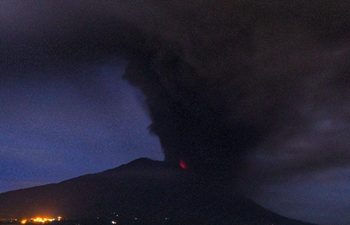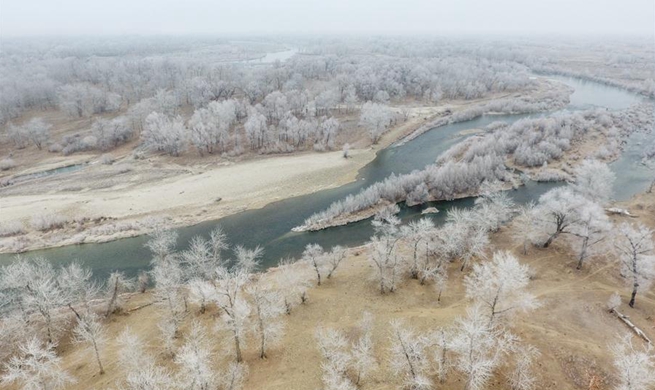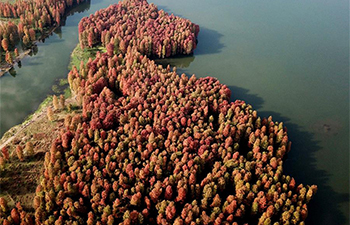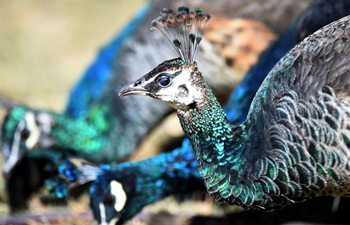GENEVA, Nov. 27 (Xinhua) -- Switzerland's environment may not be doing as well as perceived, according to the latest report by the Organization for Economic Cooperation and Development (OECD) released on Monday, which suggests that Switzerland should do more to address threats to biodiversity.
Despite being one of the greenest OECD countries, Switzerland still needs to try to reduce threats to biodiversity and seek more sustainable consumption patterns, as high levels of waste generation and road traffic are putting pressure on the densely populated Central Plateau, according to the OECD's third environmental performance review of Switzerland.
The report reveals that four out of five Swiss reptiles, two in three amphibians, and one in three mammals and birds are classed as vulnerable or endangered, including 60 percent of the country's bats. These are high percentages by OECD standards.
It's estimated that half of the roughly 245 Swiss habitat types are classified as endangered. Around 40 percent of its rivers have been altered, affecting the important ecological role they play, while half of the 20 largest Swiss lakes lack enough oxygen and have to be artificially ventilated.
"Switzerland is one of the greenest countries in terms of its energy supply, but unsustainable consumption patterns and biodiversity loss are driving down its environmental performance," said OECD deputy secretary-general Masamichi Kono.
"As a world leader in research and innovation, and a finance hub, Switzerland is in a good position to foster development of green alternatives and encourage climate finance," he added.
Switzerland has a low-carbon energy mix and falling emissions, and is working to restore the health of its rivers and lakes. As such, the report suggests broadened environment-related taxes which are currently among the lowest in the OECD as a share of GDP.
More taxes could also be applied to reduce environmental and health damage from pesticides used in agriculture, and mobility pricing such as congestion charges, the report says.
On biodiversity, the report recommends the country push to implement its long-awaited biodiversity action plan, while at the same time improving consumption patterns, such as preparing federal waste prevention and resource efficiency strategies and increasing taxation of road fuels.

















